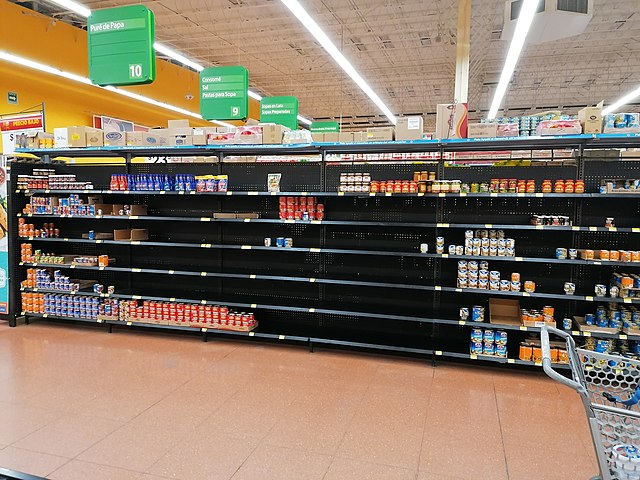
Seed and food shortages
The high cost of fresh fruit and vegetables is no mystery, coupled with shortages of many other products in supermarkets.
If you have tried to get ahead of these shortages and visited DIY stores and garden centres to buy seeds and seedlings you may have also noticed that certain plants and varieties are out of stock. Not surprisingly, this trend is following whatever is in season, being autumn in Aotearoa this includes cauliflower, carrots and beetroot as well as leafy greens like spinach, silverbeet and bok choy.
There was a similar shortage during the pandemic when a dramatic rise in the interest in home gardening put pressure on stockists to provide seed. The latest shortage has been driven by the aftermath of the pandemic with the global economic recession affecting food prices and the cost of living.
Climate events in New Zealand have hit our local supplies hard through poor growing conditions over an unusual summer growing season, flooding and difficulties with transport and access to markets has made it hard for businesses to supply certain goods.
This story on TVNZ about major food supplier LeaderBrand is a good example of our absolute dependence on others for our food or ‘food dependency’. The CEO of the company correctly sums up the need for roading to be fixed to get the massive amounts of goods to supermarkets for supply. The goods he is referring to are the 3-day perishables like lettuce and spinach.
The irony of this crisis is that we as consumers have put ourselves in this situation collectively by handing over responsibility for growing items that shouldn’t be transported across the country in the first place.
Spinach and lettuce are easy to grow and you only need recycled containers and some compost on your balcony or back door to grow them. In taking responsibility for this you pick what you need and come back for more, it’s fresh, tastes better, wasn’t packaged, transported, and had wages and profit margins added into the cost.
I’m certainly not against businesses taking the opportunity to meet public demand, but this business would easily diversify to other products with less risk if our demand for these products decreased.
What can we do about it
With a seed shortage it seems logical to think that more people are taking responsibility for growing their own food, Tino Pai! but there are some other steps we can take to reduce food dependency and take some pressure off seed supply.
- Grow your own lettuce, spinach and other leafy greens.
- Choose pick and come again varieties, then keep picking.
- Share some seedlings with a neighbour or wh?nau to maximise crop harvest.
- Stagger your planting of pick-once varieties like iceberg lettuce to get an adequate and constant supply.
- Give any excess produce to someone else.
- Collect and save your own seeds.
- Look for recipes that incorporate what you are growing. Try something new.
- Plant a fruit tree. There are dwarf varieties you can plant in pots if you have limited space.

